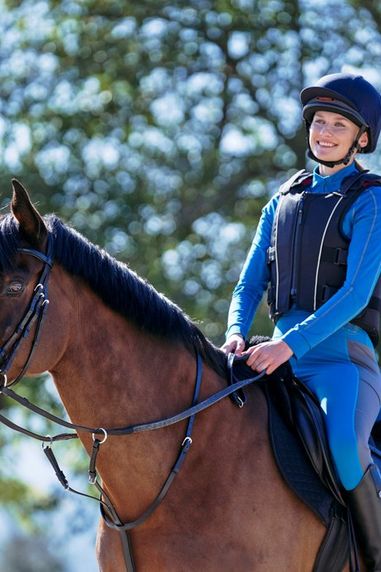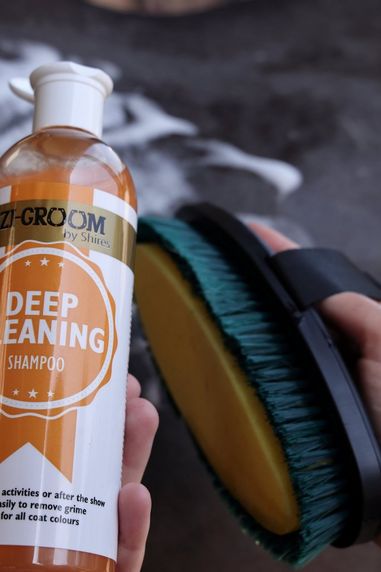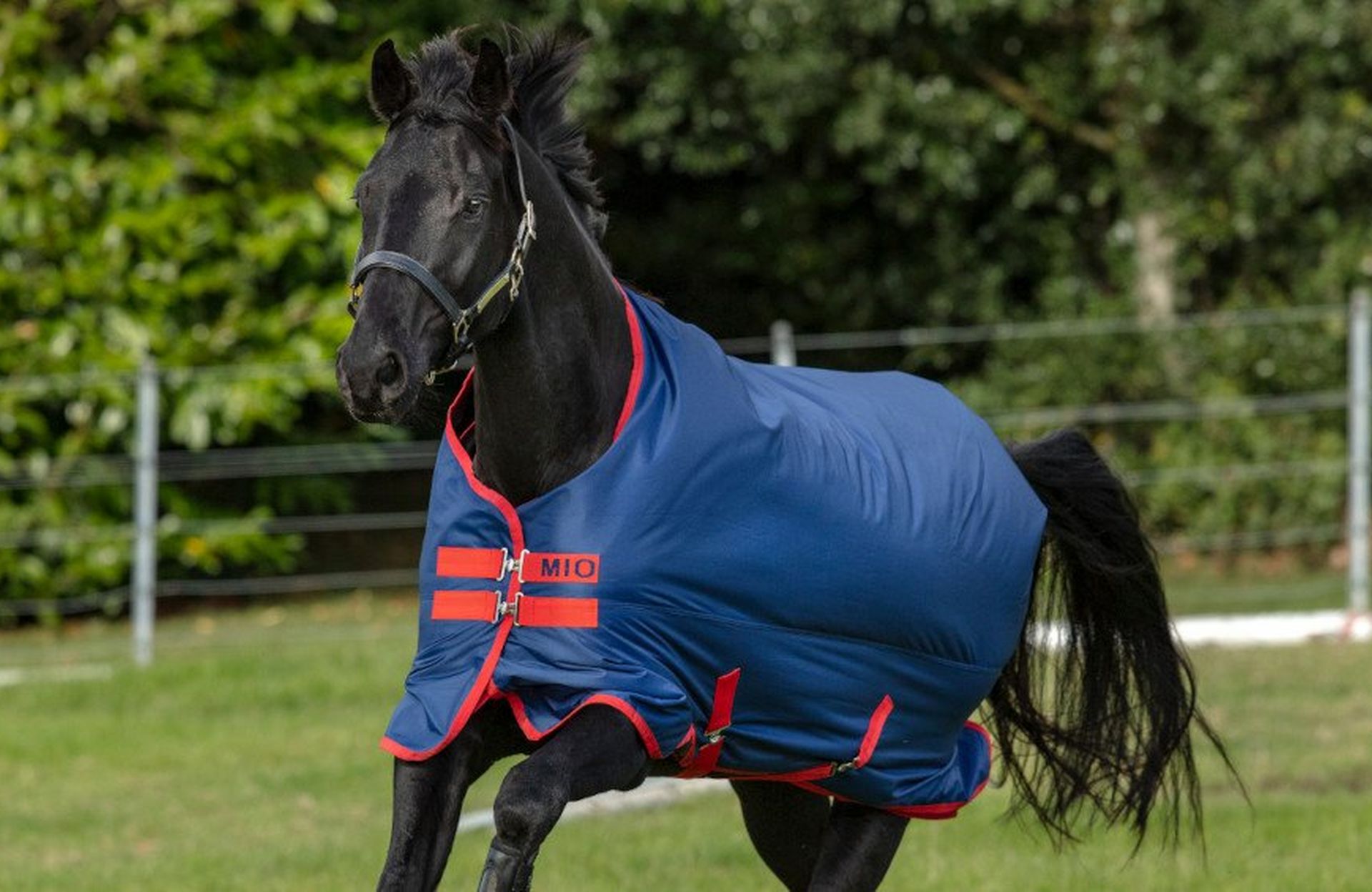
No more waking up at 5am and braving the cold to tackle the morning muck out and feed, the winter is finally over (at last)! Lighter days, drier weather and sunny spells can mean only one thing, it's time to turnout!
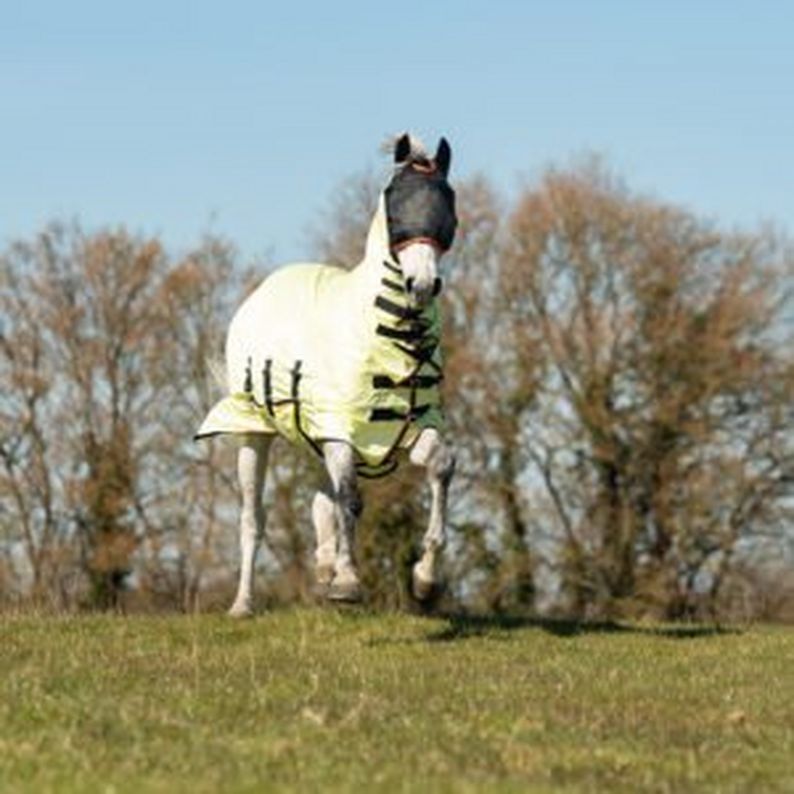
Living out is the most natural way to keep horses. It allows them freedom to graze, interact with others and express natural herd behaviours. While we’d all love for it to be a simple as headcollars on and horses out, it isn’t. There’s a few things that we need to think about first. From fencing and water supply to fly protection and weight management, take a look at our top turnout tips.
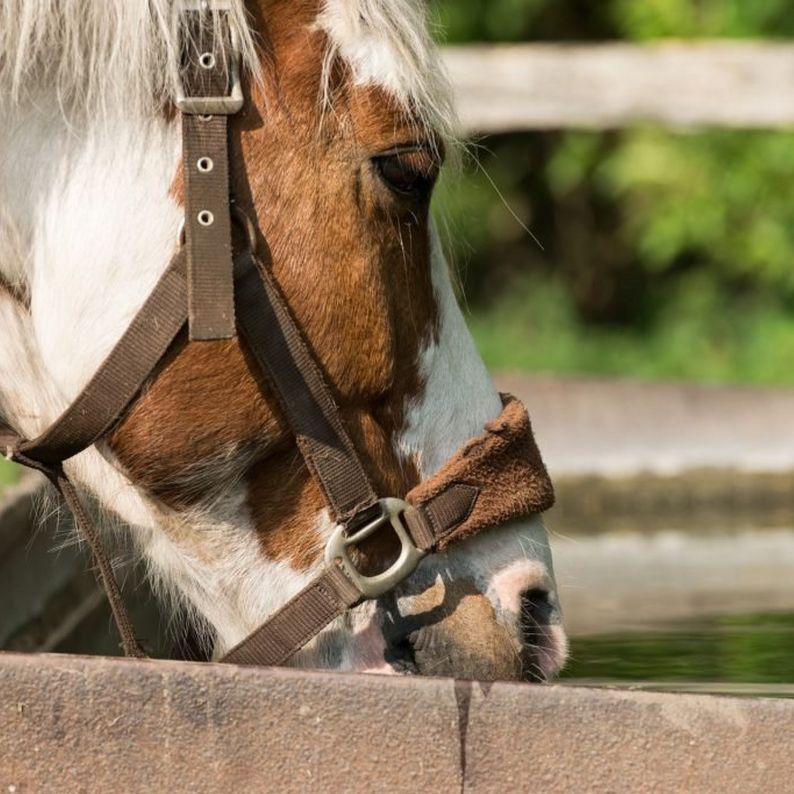
Access To Water
Water is arguably the most important nutrient within any living creatures’ diet. Horses at grass on a hot summer’s day are no exception to this rule! It’s vital water troughs are kept full, clean and easy to access. Natural water sources are not usually recommended. They are at risk of being contaminated, are unreliable and could become stagnant. Automatic systems checked regularly are ideal, alternatively large buckets can be placed around the pasture.
Read More - Encouraging Your Horse To Drink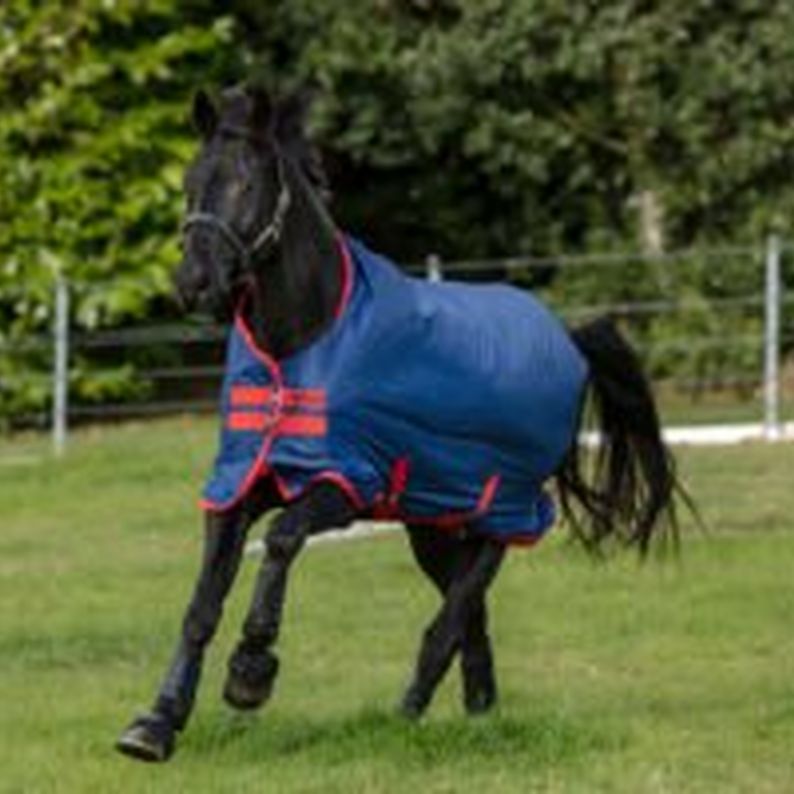
Pasture
Good pasture management is essential for the longevity and recovery of your horses’ fields. It's important to rest some of the land to allow new grass to grow, preventing the fields becoming stressed or ‘horse-sick’. You can manage grazing areas by rotating the use of fields, strip grazing or sectioning off. Daily removal of droppings or periodical harrowing of the field also limit damage to grass. Droppings should be removed from the field and shelters at least once per week. This helps control the amount of flies, and thus worms your horse may ingest!
Read More - Horse Worming – How To Guide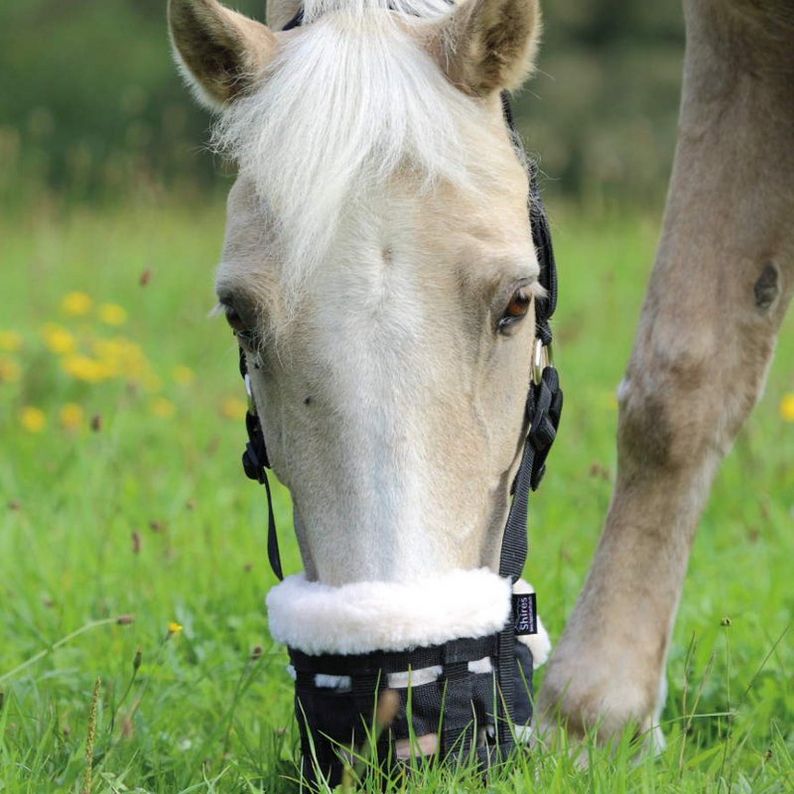
Weight Managment
The pasture should also be appropriate for the type and number of horses it must sustain. Some horses may find the lush spring/summer grass too rich. Grazing muzzles, track grazing or restricted turnout may be required if they are overweight or prone to conditions such as colic or laminitis. If you're struggling to keep weight off your horse it can be tempting not to allow them turnout at all. However, a horse with restricted grass is exercising himself, building muscle, avoiding vices and may have a lower risk of ulcers. In any case, your vet is the best source of advice if you’re worried about a specific problem.
Read More - Laminitis: Understanding the ConditionPoisonous plants
There are various plants which can be highly dangerous or even fatal if your horse ingests them. Summer provides the perfect environment for these often beautiful but deadly plants/flowers to grow in. This means we need to keep on top of removal and prevention of growth. This is especially the case when grazing is poor and horses are more likely to consume them.
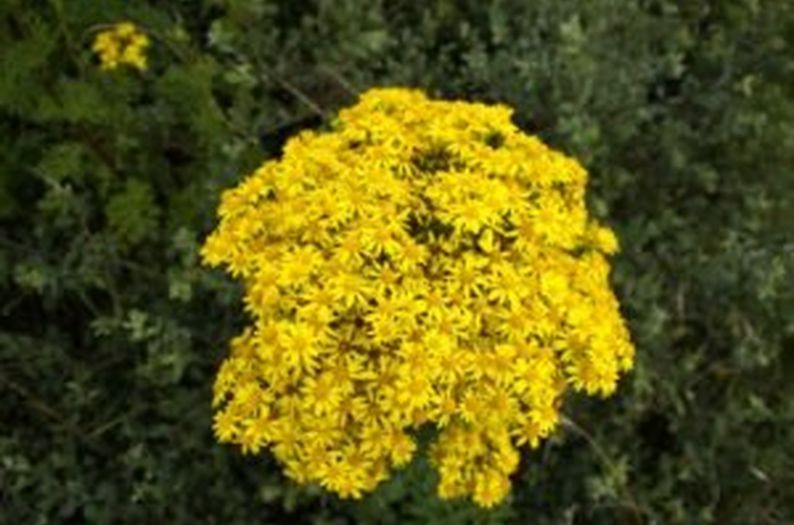
Ragwort
Ragwort is the most common form of poisoning within Britain, and has the characteristic long green stems with bright yellow flowers. Once eaten, it can cause severe liver damage and symptoms often do not show until it’s too late. If detected in good time, the horse may be treated and survive, but if left to continue eating this flora, many go blind and collapse. The best way to dispose of ragwort is to pull it out of the ground by the root, whilst wearing gloves, then burn the remains to prevent any seedlings escaping or dead matter being ingested.
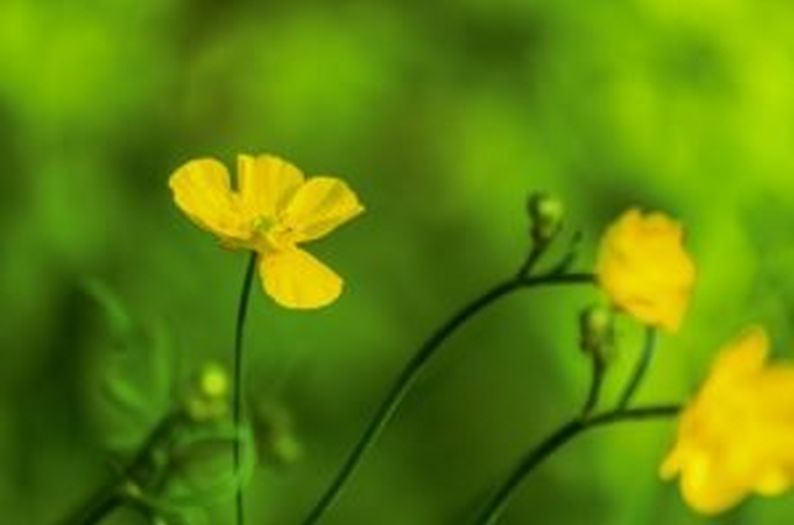
Buttercup
Buttercups are small yellow flowers, they may look inconspicuous and are common across England, but can pose fairly serious health risks to horses when eaten. In small amounts, they can cause blistering and ulceration of the horses’ mouth, but in large quantities they can cause life threatening seizures. It’s therefore best to remove them, this can be done by digging them out from the root using a trowel.
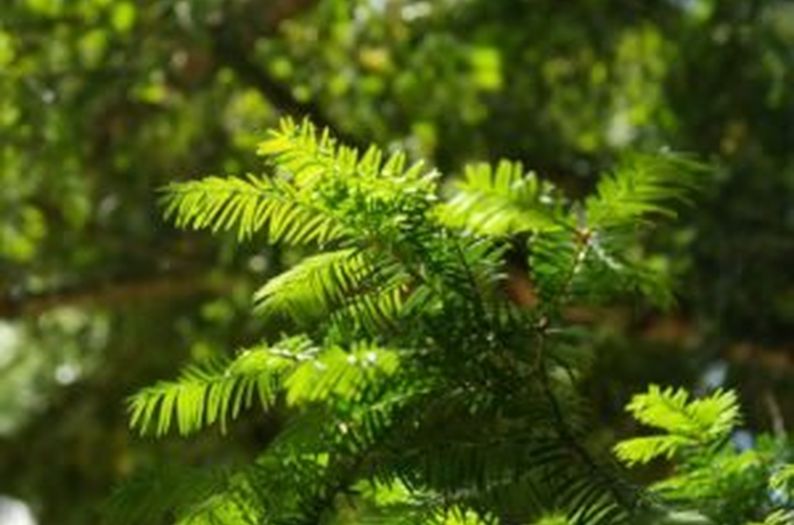
Yew
Yew is a fairly small bushy tree that is extremely dangerous to most livestock, with only a small amount eaten needed to cause death in horses. The plant’s contains toxic chemicals within the leaves, twigs and bark. Extremely fast acting it can cause trembling, muscle weakness and eventual heart attack. It’s vital that there are no yew trees within your horse’s fields or anywhere nearby, as the consequences can be fatal.
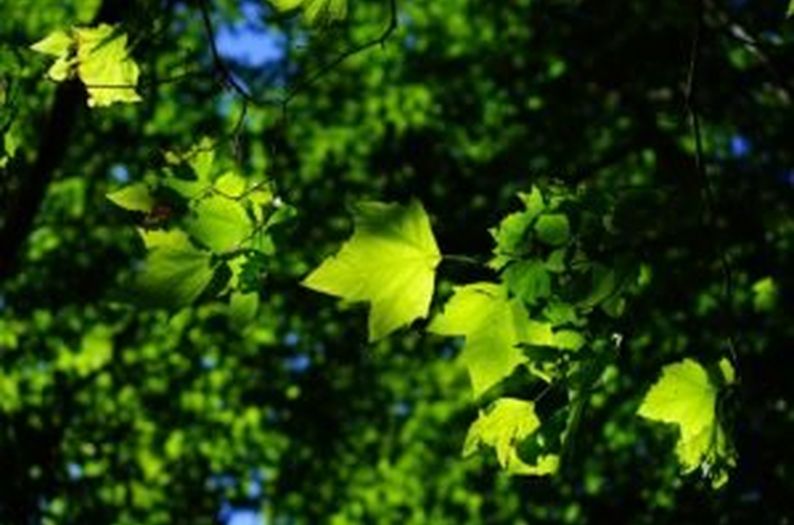
Sycamore
Sycamore is most identifiable by the helicopter-shaped seeds which drop off the trees and land all around the surrounding areas. Previously thought to be fairly harmless, we now know that when ingested it can cause a disease called ‘Atypical Myopathy’ which is a serious condition that can cause colic, breathing difficulties, considerable pain and heart problems leading to death. It’s therefore important that you ensure sycamore trees are fenced off with a good area around them, or preferably turn horses out in fields separate to the trees.
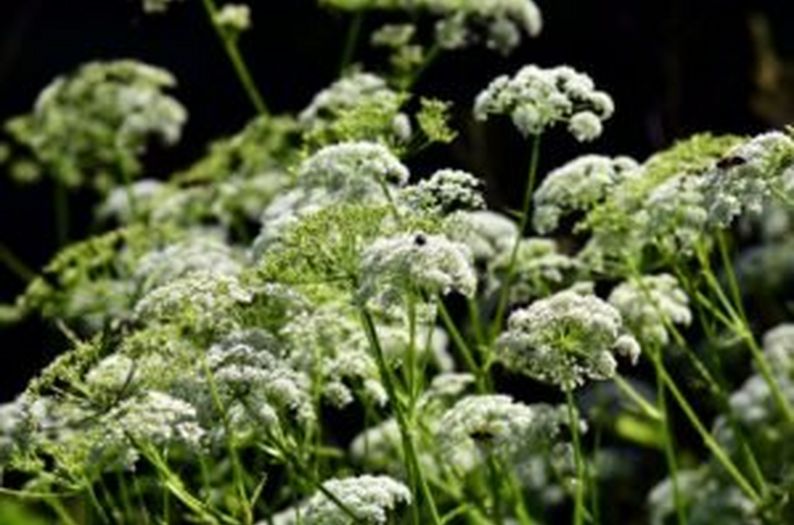
Hemlock
This is a highly poisonous weed commonly found nearby water, which can cause respiratory paralysis and death when ingested by horses. It looks almost identical to the non-poisonous plant ‘Cow Parsley’ which has useful health benefits. If in doubt… Do not feed either!
Fencing
Safe and secure fencing is essential for horses turned out in a field. The type and materials you decide to use can greatly affect the safety, cost and longevity of your fencing. All fencing around fields should be checked and maintained regularly. It’s recommended to walk around the perimeter of fields every other day to check for and fix damage. Whilst cheaper fencing options may seem attractive, it’s better to keep your horse safe by using the most appropriate type.
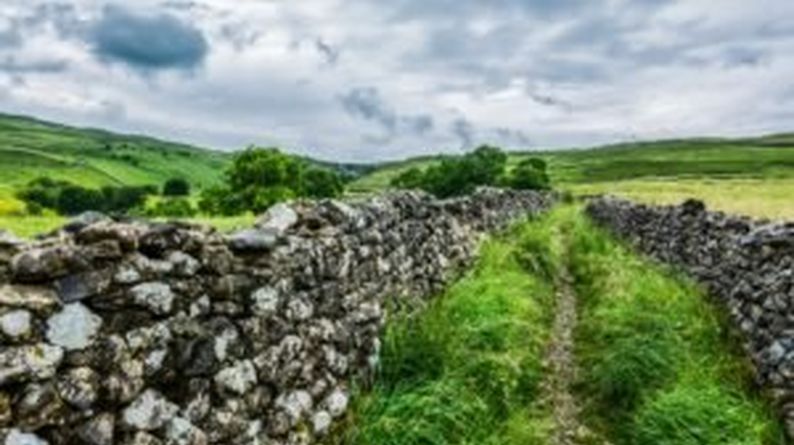
Dry Stone Walls
Solid and highly visible, but can be knocked/kicked over and is expensive to maintain.
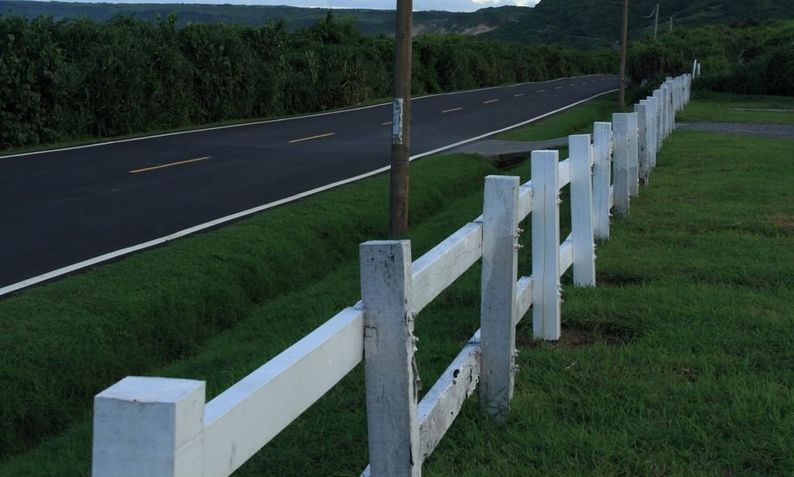
Wooden Post and Rail
The most effective and safest, this can be built higher for horses who have a tendency to jump fencing.
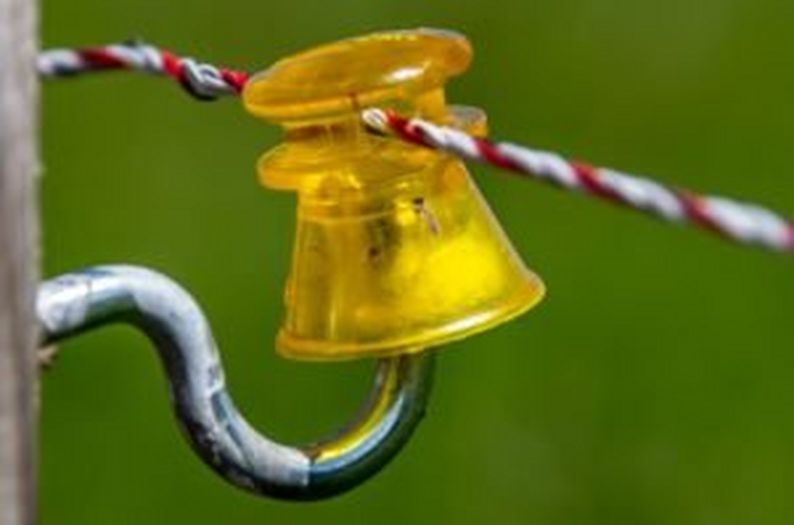
Electric Fencing
Versatile, cheap to maintain, easy to use for strip grazing/diving fields and usually deters horses from getting too close to the edge of the fields. However, some horses/ponies do not seem to mind the ‘shocks’, thus it’s sometimes used in conjunction with wooden post and rail to prevent trashing of the fences.
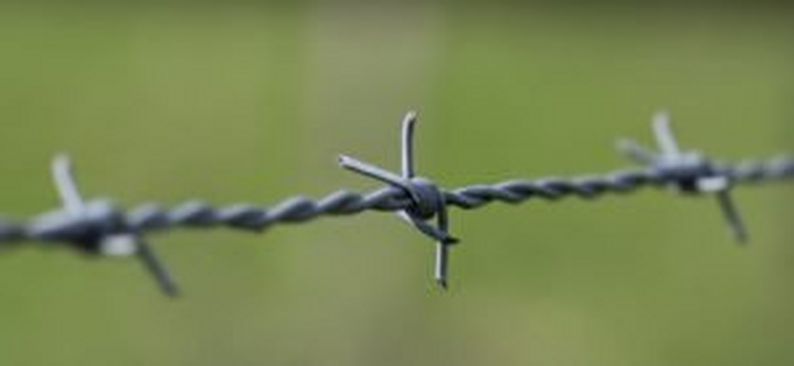
Barbed Wire/Chicken Wire
Highly unsuitable and not recommended, this can cause serious injuries if the horse tries to run through it or gets their hooves trapped.
Gates need to be at least 3.6m wide and should open inwards for safety.
Shelter
Shelter should always be provided as it’s crucial to give horses protection from extreme weather conditions. People generally only think of shelter during autumn/winter when the weather may be wet and windy. Like us, horses sometimes need to get out of direct sunlight if too hot, so its just as important during the warmer months.
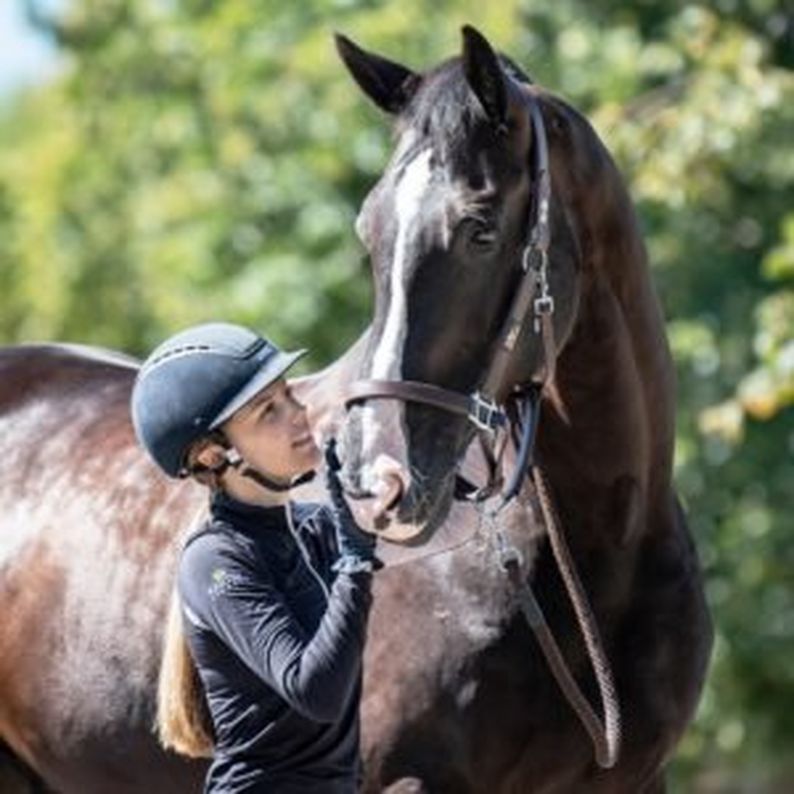
Headcollars
Did you know… Some headcollars are so strong you could hang your horses entire body weight from them and they still wouldn’t break? This is why its not advisable to turnout in them. They can easily become caught and cause an injury if your horse panics. If it’s essential, choose a field safe option. These are designed to incorporate a safety release system.
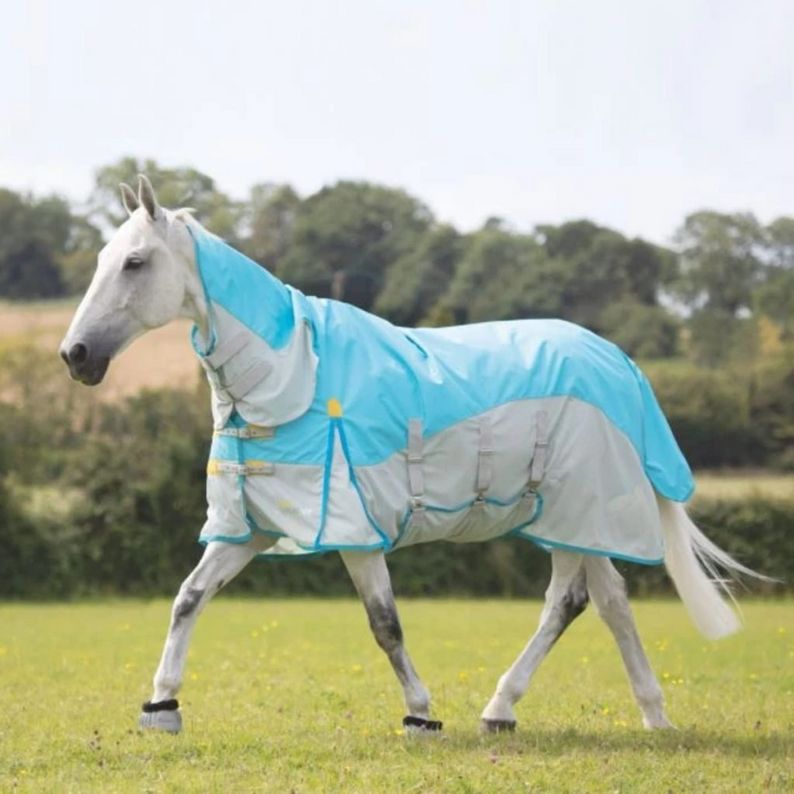
Rugs
From summer showers to battling the bugs, rugs are a great way to keep your horse comfortable and protected. During wet weather, choose a lightweight turnout to prevent your horse catching a chill while keeping them clean and comfortable. During warm and dry weather, opt for a fly rug with UV protection to deter insects and prevent over heating. It can be hard to predict the British weather at the best of times! Thankfully, there are also ingenious waterproof fly rugs which combine the best of both, featuring a weather resistant upper section and mesh side panels.
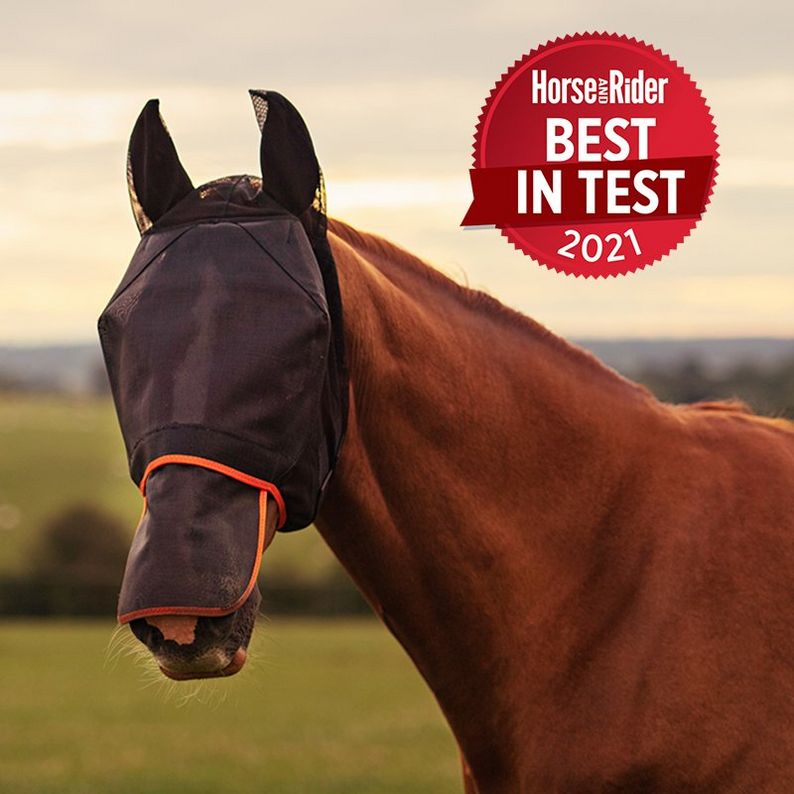
Fly Masks
Unfortunately, biting insects are generally attracted to warm and damp conditions, which if we’re honest is usually a pretty accurate description of our horses fields on a summers day. During turnout most horses will benefit from having their ears, nose and eyes protected using a fly mask. There are lots of options available including full masks, fringes and half masks.
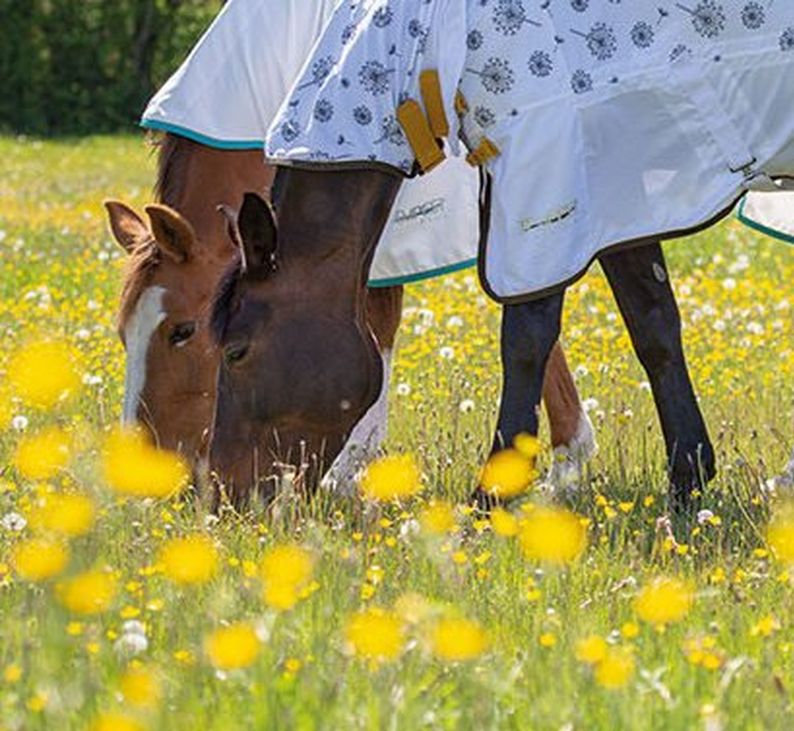
Companionship
Suitable field companions are an essential part of turnout and herd dynamics. You should make sure your horse has company in the field, or can at least see another horse. With competition horses especially, there’s a temptation to wrap them up in cotton wool! Solitary turnout isn’t the answer, it can cause stress, pacing the fence line and charging around. This only further increases the risk of injury.
All set for summer? Share your photos in the comments or include #NaylorsSnapAndShare on your social posts. Shop online at Naylors.com 24/7 or visit one of our stores in Rochdale, Cannock or Nantwich.



